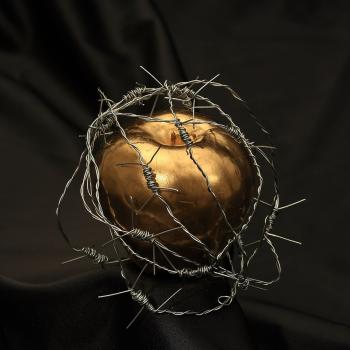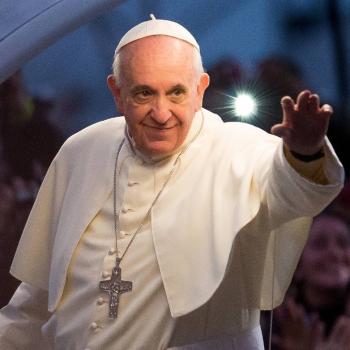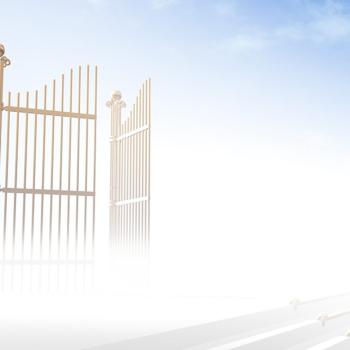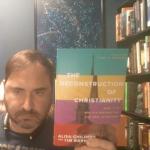There is a common belief or stereotype that inmates who are atheist or agnostic will likely ‘get religion’ while incarcerated. Particularly for those serving their time on Death Row. This refers to the phenomenon of inmates on death row turning to religion to cope with their impending execution. Many inmates find solace in their faith and use it as a source of strength and hope. Some also view it to seek forgiveness and make peace with their past actions. This practice is not limited to any one religion and can be seen across different faiths. While some may view it as a genuine spiritual awakening, others may see it as a final effort to find comfort in a hopeless situation. Why is it that serving on death row changes one’s heart but regular life does not? We know that a person on Death Row may in fact die if their sentence is not overturned. However, to play devil’s advocate, is this any different at all from everyday life? Accidents, freak occurrences, and sudden onset of diseases happen every day. In other words, Death Row or not we never truly know when God is going to call us home.
Why Wait Till The Final Hour?
Even for those that do not believe in God, they still do not know when their last hour will be. So why does a prison sentence assure the individual that it is time to believe in God? Death row inmates often utilize religious coping mechanisms to find comfort and solace during their final days. Many inmates turn to prayer, scripture reading, and religious counseling to cope with the stress and anxiety of impending execution. Some studies have suggested that religious coping can help inmates to find meaning and purpose in their situation, as well as provide a sense of hope and resilience. Overall, the use of religious coping mechanisms among death row inmates is a complex and multifaceted topic that requires careful consideration and exploration.
High-Profile Cases
Chris Watts killed his wife and two daughters in a fit of rage in 2018. He first murdered his wife then subsequently his two young daughters. The case made it to mainstream media news and Watts was sentenced to three consecutive life sentences. During his incarceration he has found God and has become an Evangelical Christian. As for high profile cases, Watts is hardly the only one to turn to religion after inflicting tragedy. David Berkowitz, also known as the ‘Son of Sam,’ is known for committing random cult influenced murders in the 1970s. He too found religion while serving six twenty-five life sentences. He has stated that since reading the bible he feels like a completely different person. Some psychologists theorize that high profile criminals convert to religious beliefs to gain protection from reporters, gang member inmates etc., while incarcerated. Others may assume that guilt and a need for personal redemption is a good reason to find religion while convicted, especially on death row.
A great question here is why do we wait till we have hit rock bottom? Why does completing ruining our life  lead us to God? If God is where even some of the most notorious inmates end up, then why can’t we get there sooner? Let us not wait till the complete destruction of our lives to find the truth.
lead us to God? If God is where even some of the most notorious inmates end up, then why can’t we get there sooner? Let us not wait till the complete destruction of our lives to find the truth.

















